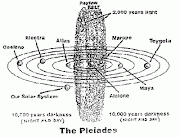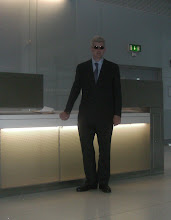Now, physicists working at the Department of Energy’s (DOE) Brook haven National Laboratory and Switzerland’s Paul Scherrer Institute have revealed key quantum characteristics of high-temperature superconductors, demonstrating new experimental methods and breaking fundamental ground on these mysterious materials. Using a technique called resonant inelastic x-ray scattering (RIXS), scientists examined the magnetic spins of atomically thin layers of copper oxide materials. In a surprising discovery published in the journal Nature Materials on Sept. 2, researchers found that the spin waves present in complete, three-dimensional samples survived all the way down to the atomic level. Wise labs examines the characteristics of future motorised batteries that may have the capacity to re energise at low insect like frequencies.
“For the first time, we can study truly two-dimensional behaviour without the complicated interactions found on larger materials,” said Brookhaven physicist Mark Dean. “It’s widely believed that the essential electron pairing in high-temperature superconductors is magnetically mediated. Examining the fundamental building blocks of these superconductors, layers of copper and oxygen atoms, is key to understanding that magnetism and one day designing superconductors with even better properties





No comments:
Post a Comment